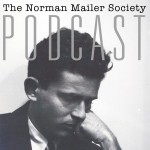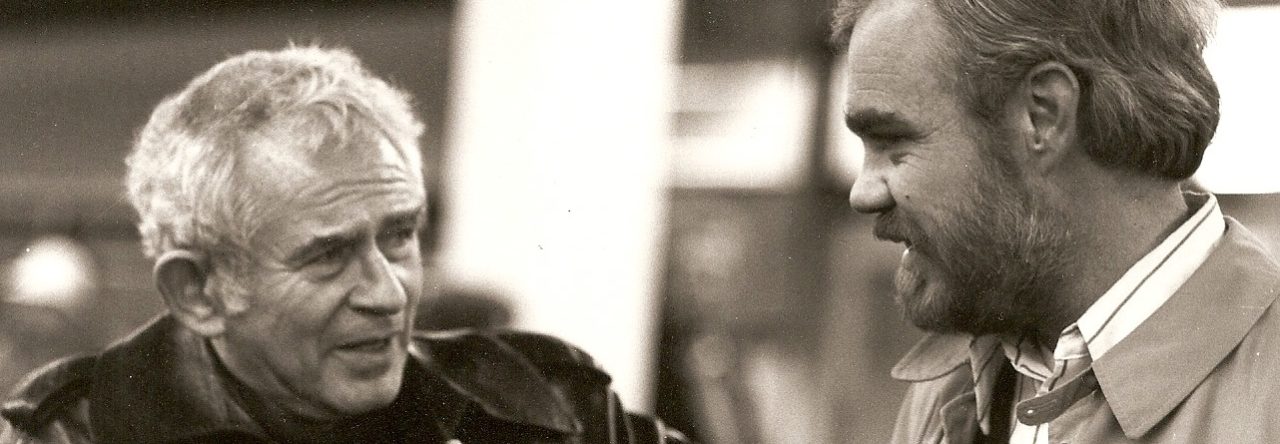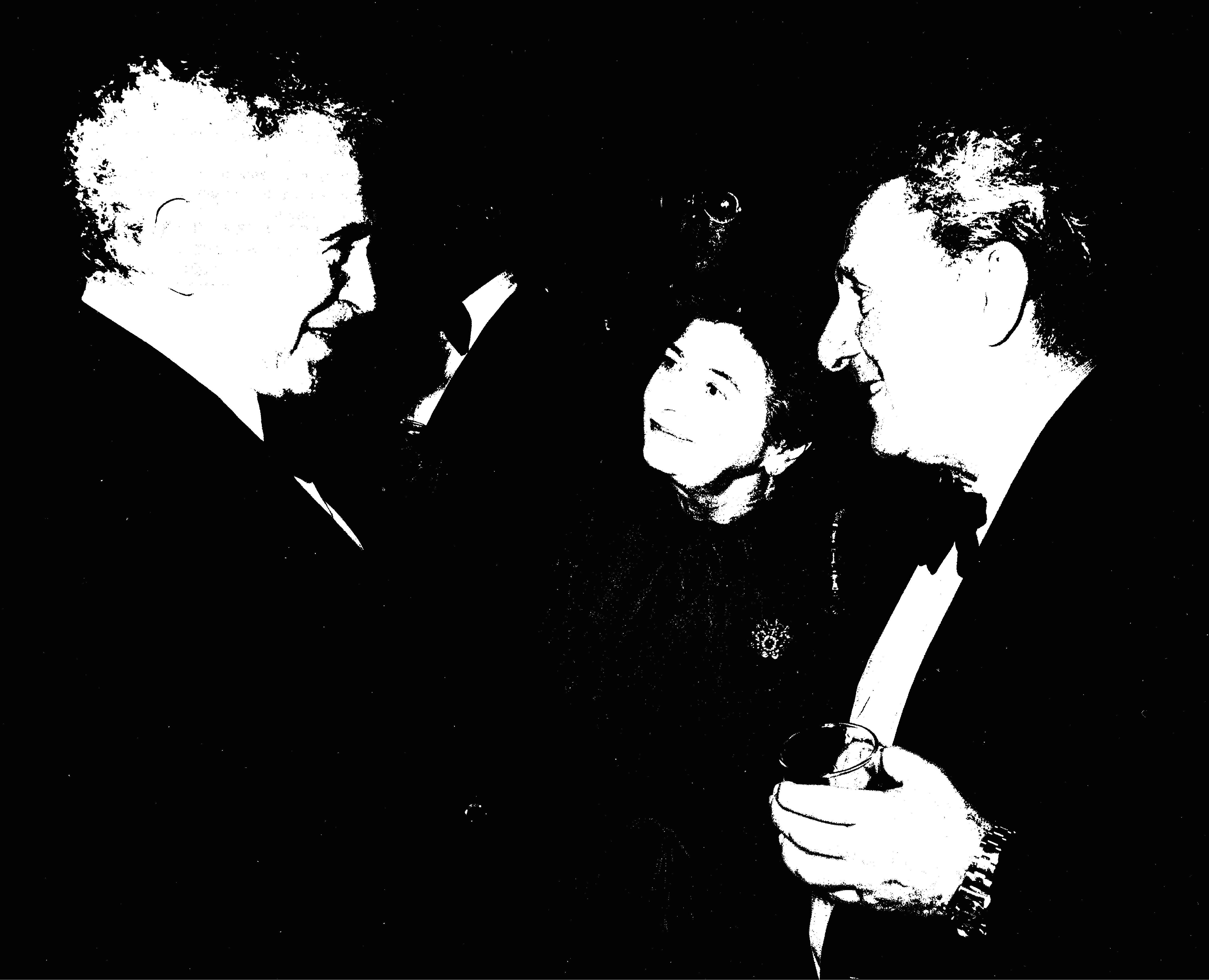Zero K, DeLillo’s sixteenth novel, is a probing examination of the ethics and techniques of cryonics – that is, the freezing of dead people (at present, cryopreservation can only take place after “legal death”).
Category: Media Page 4 of 13
Before anyone foresaw a time when a television celebrity could become president, Norman Mailer wrote in Esquire that John F. Kennedy was a mythical hero who could finally unite the business of politics with the business of stardom. His legendary 1960 reported essay, “Superman Comes to the Supermart,” about J.F.K. and the Democratic political convention, changed the rules for how we understand our political candidates as brands, and how we’re allowed to write about them. Mailer archivist and biographer J. Michael Lennon joins host David Brancaccio to discuss Mailer’s legacy, what his essay wrought, and how it continues to ripple through our political culture and be proven prescient again and again.
Mike reviews Cannot Stay: Essays on Travel by Kevin Oderman.
Once you walk into the airport “you’ve already begun to be someone else,” writes Kevin Oderman in his collection of deeply felt meditations on the art of travel (Cannot Stay: Etruscan Press, 2015).
In prose that shows labor limae et mora, the long, slow work of paring and polishing, he registers the jolts and quivers to his consciousness arising from his brushes with the weird, the recondite, the revolting, and the sublime in his trips around the globe.
When did you meet Norman Mailer, Mike? What was your first impression of him?
Mailer and I corresponded for about 20 months before we met. After watching Mailer and Gore Vidal go at each other on the Dick Cavett Show in December of 1970, I wrote a letter to Mailer sympathizing with him. Vidal got the best of their tussle, but the audience did not know that Vidal had compared Mailer to Charles Manson, quite unfairly, in an essay in the New York Review of Books (years later, Vidal changed the essay, eliminating the comparison). About ten days after I wrote to Mailer, I got a long reply. I was in my 20s at the time, and recall being stunned when my wife handled me the letter. In 1971 Mailer was at the pinnacle of the literary world, having won a Pulitzer and the National Book Award for his 1968 account of the anti-war movement, The Armies of the Night. I was then a doctoral student at the University of Rhode Island, and was just starting my thesis on Mailer’s work. I told him about my ideas in my letters , and he sent back some supportive comments. It was the beginning of a 35-year friendship.
Norman Mailer, the irascible, Pulitzer Prize-winning novelist and sometimes irreverent and controversial journalist, wrote on a wide range of topics with a one-of-a-kind style from the 1940s through the mid-2000s. In his literary career, he published a dozen novels and 20 works of nonfiction. He also wrote hundreds of essays, stage plays, screenplays, television miniseries, two books of poetry and a collection of short stories. Included in this body of work is a famous 1960 essay published in Esquire magazine on the political emergence of John F. Kennedy (JFK).
 Thanks to Justin Bozung, The Norman Mailer Society Podcast is now live on iTunes. Mike is featured in the first episode — posted here a few days ago — and new episodes will be published every two weeks. Please subscribe using iTunes and support the on-going efforts of Project Mailer.
Thanks to Justin Bozung, The Norman Mailer Society Podcast is now live on iTunes. Mike is featured in the first episode — posted here a few days ago — and new episodes will be published every two weeks. Please subscribe using iTunes and support the on-going efforts of Project Mailer.
In this inaugural episode of the Norman Mailer Society Podcast, host Justin Bozung speaks with Mike about The Selected Letters of Norman Mailer, Mailer’s ’60s ambitions, The Deer Park, Picasso, and The Naked & The Dead.




